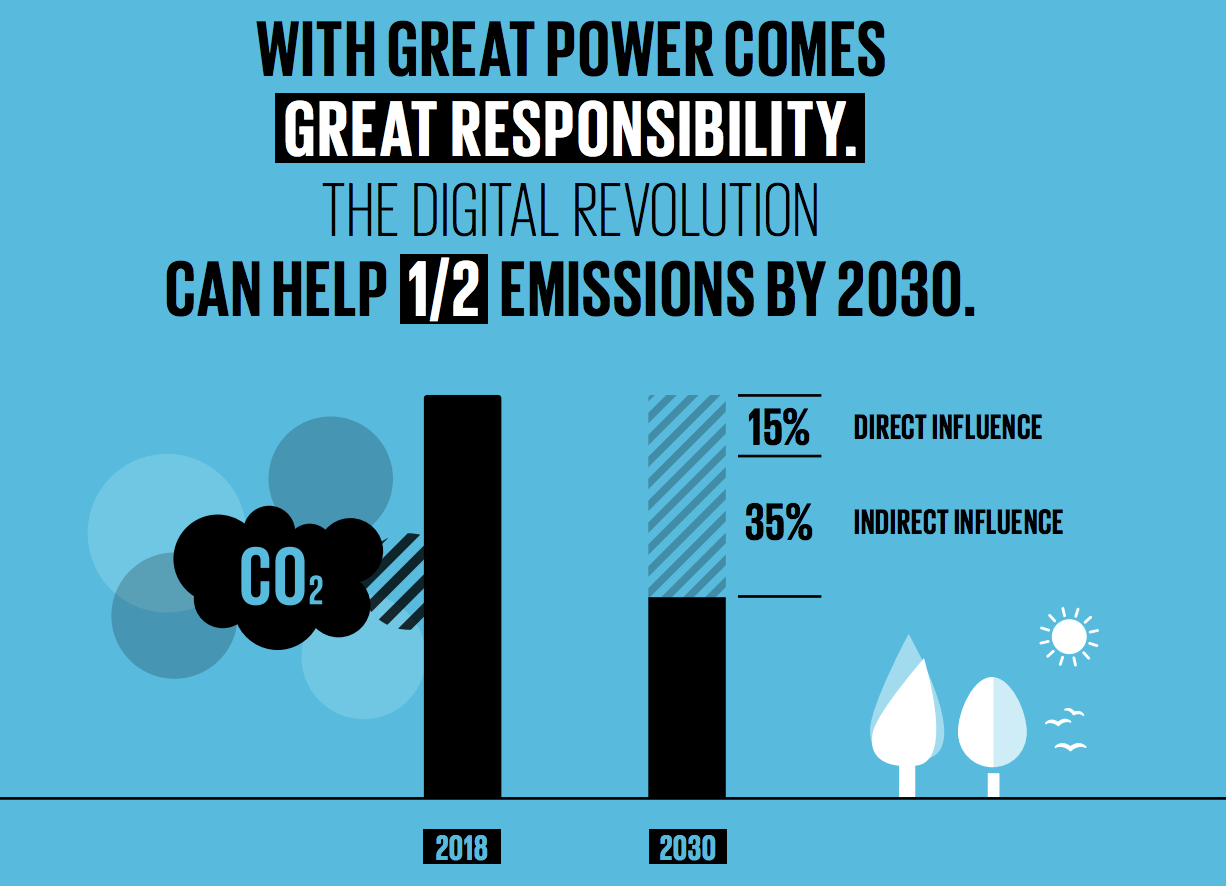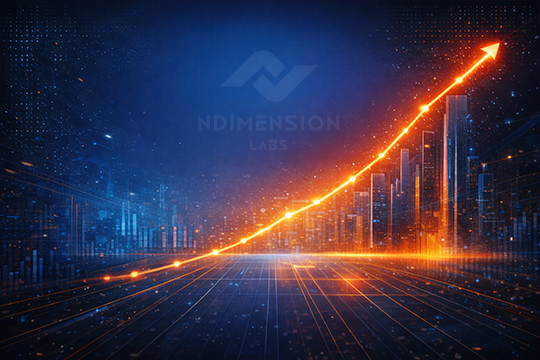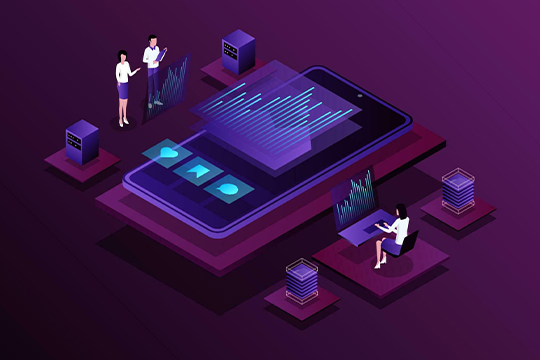What Is the Cost of Developing a Mobile App in 2026?
As a technology consultant, one of the most frequent questions I get from business owners and startup founders isn't "What's…
Digital innovations will continue to change society and the economy, half the world’s population is now connected to the internet. Digital technologies can make energy and resource use more efficient. The optimal amount of water each crop needs and by using a smart irrigation system accordingly, farming can become infinitely more efficient. Digital systems can assess the prime use of vehicles too. Instead of one person owning one car which is only used for an hour each day and then sits parked for the rest of the day, several people can share one electric car, reducing the number of vehicles needed overall.
The Internet is a game-changing technology for environmental policies. Environmental policymakers so far have entered this fast-paced world of disciplinary collisions and shifting technological landscapes with some heavy handicaps. Among the growing literature on Internet policies (NCGEC 1997, Litan and Niskanen 1998, Simon 2000), few have discussed the environmental aspects of the Internet. In addition to the aforementioned daunting complexities and uncertainties, we must realize that optimizing the environmental performance of an economy driven by information and knowledge creation is different from regulating one based largely on the processing of material. Many of our environmental policy tools are simply too blunt and reactive to steer technological and social innovation in an information economy in which traditional notions of borders, distance, jurisdiction, and time have been altered in very fundamental ways.
Environmental policies have so far worked well by focusing on manufacturing rather than services; on technology and regulation rather than information and knowledge; on the details of the law rather than the
dynamics of the system.
Exponential technologies are those whose output per size or dollar is consistently accelerating. The classic example is the silicon chip – since the mid-1960s, the power of computer chips has doubled every 18-24 months while the price has halved (following Moore´s Law, which inspired the Carbon Law). 5G is the next exponential technology. With data speeds 10 to 100 times faster than 4G, it represents a step-change in mobile technology. But the benefits of 5G go far beyond speed. Its capabilities include super low latency, better reliability, tighter security and lower energy consumption.


As a technology consultant, one of the most frequent questions I get from business owners and startup founders isn't "What's…

I remember standing by the window of our Kolkata office on a rainy Tuesday in early January 2025. The city…

For years, a strong website was enough. Today? Your customers, your staff, and even your vendors are living their lives…